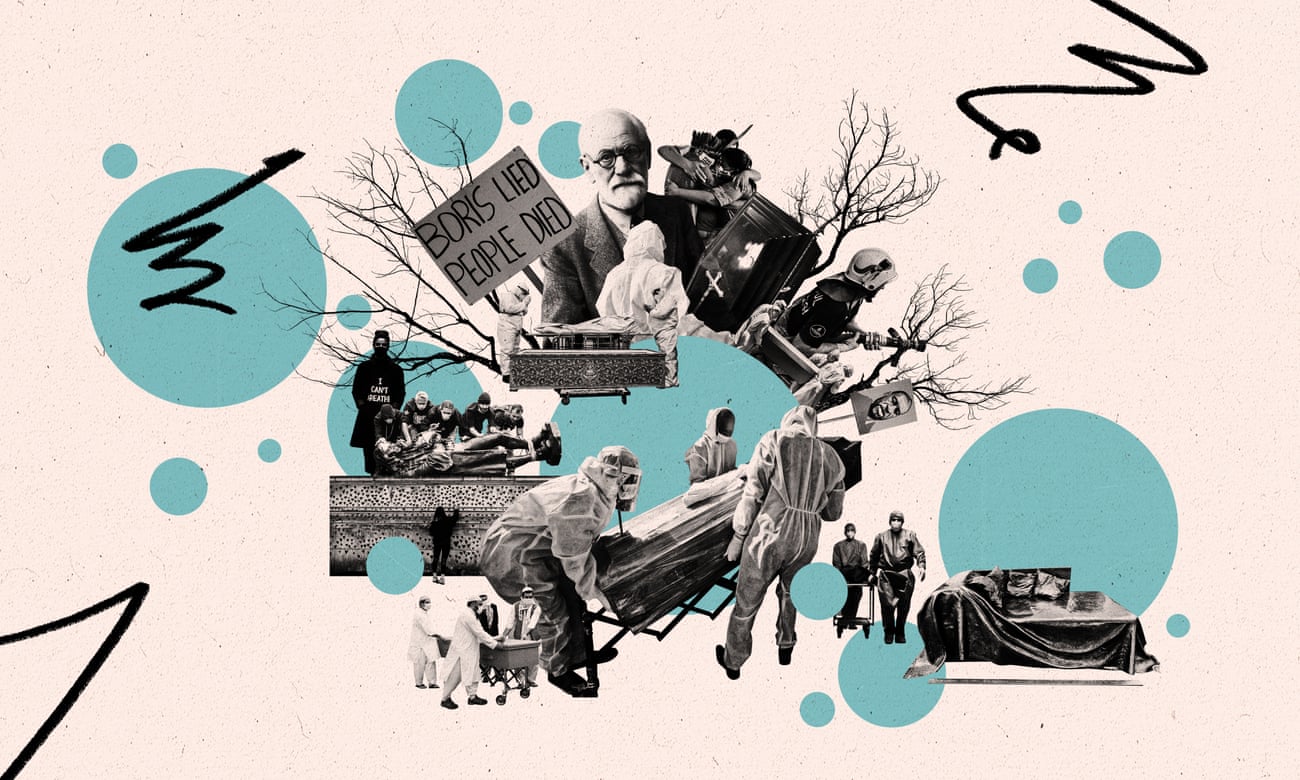
Click the link below the picture
.
We have been asked to write about the future, the afterlife of the pandemic, but the future can never be told. This at least was the view of the economist John Maynard Keynes, who was commissioned to edit a series of essays for the Guardian in 1921, as the world was rebuilding after the first world war. The future is “fluctuating, vague and uncertain”, he wrote later, at a time when the mass unemployment of the 1930s had upended all confidence, the first stage on a road to international disaster that could, and could not, be foreseen. “The senses in which I am using the term [uncertain],” he said, “is that in which the prospect of a European war is uncertain, or the price of copper and the rate of interest 20 years hence, or the obsolescence of a new invention, or the position of private wealth-owners in the social system in 1970. About these matters, there is no scientific basis on which to form any calculable probability whatever. We simply do not know.”
This may always be the case, but the pandemic has brought this truth so brutally into our lives that it threatens to crush the best hopes of the heart, which always look beyond the present. We are being robbed of the illusion that we can predict what will happen in the space of a second, a minute, an hour or a day. From one moment to the next, the pandemic seems to turn and point its finger at anyone, even at those who believed they were safely immune. The distribution of the virus and vaccination programs in different countries has been cruelly unequal, but as long as Covid remains a global presence, waves of increasing severity will be possible anywhere and at any moment in time. The most deadly pandemic of the 20th century, the Spanish flu at the end of the first world war, went through wave after wave and lasted for nearly four years. Across the world, people are desperate to feel they have turned a corner, that an end is in sight, only to be faced with a future that seems to be retreating like a vanishing horizon, a shadow, a blur. Nobody knows, with any degree of confidence, what will happen next. Anyone claiming to do so is a fraud.
At such a time, only so much faith can be placed even in the governments who have shown the surest touch in dealing with the pandemic. Anyone living under regimes whose acts have felt measured and thoughtful has watched with dismay the death-dealing denials of national leaders from India to Brazil. No country is exempt, which is just one reason why the monopoly of vaccinations by the privileged countries is so manifestly self-defeating. If the wretched of the earth are not protected, then no one is. An ethical principle – one that, in an ideal world, should always apply – is pushing to the fore, taking on an unmistakable if ghostly shape. Nobody can save themselves, certainly not forever, at the cost of anybody else.
.
 Illustration: Klawe Rzeczy/Guardian
Illustration: Klawe Rzeczy/Guardian
.
.
Click the link below for the article:
.
__________________________________________
Leave a comment